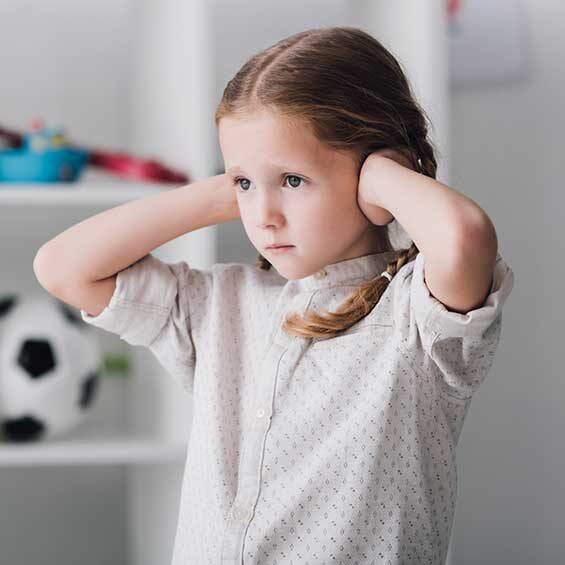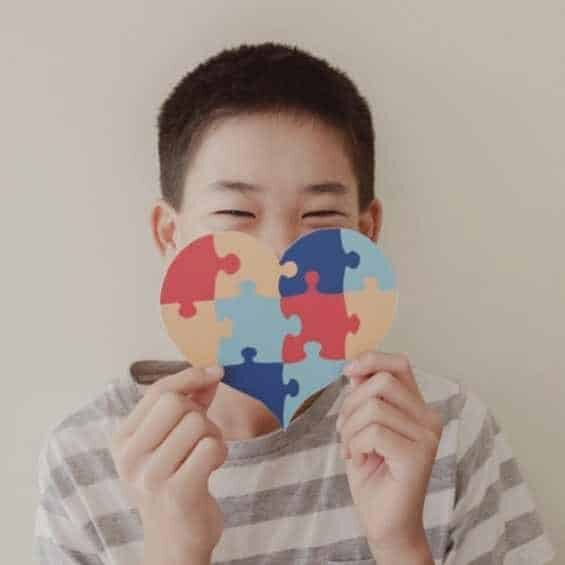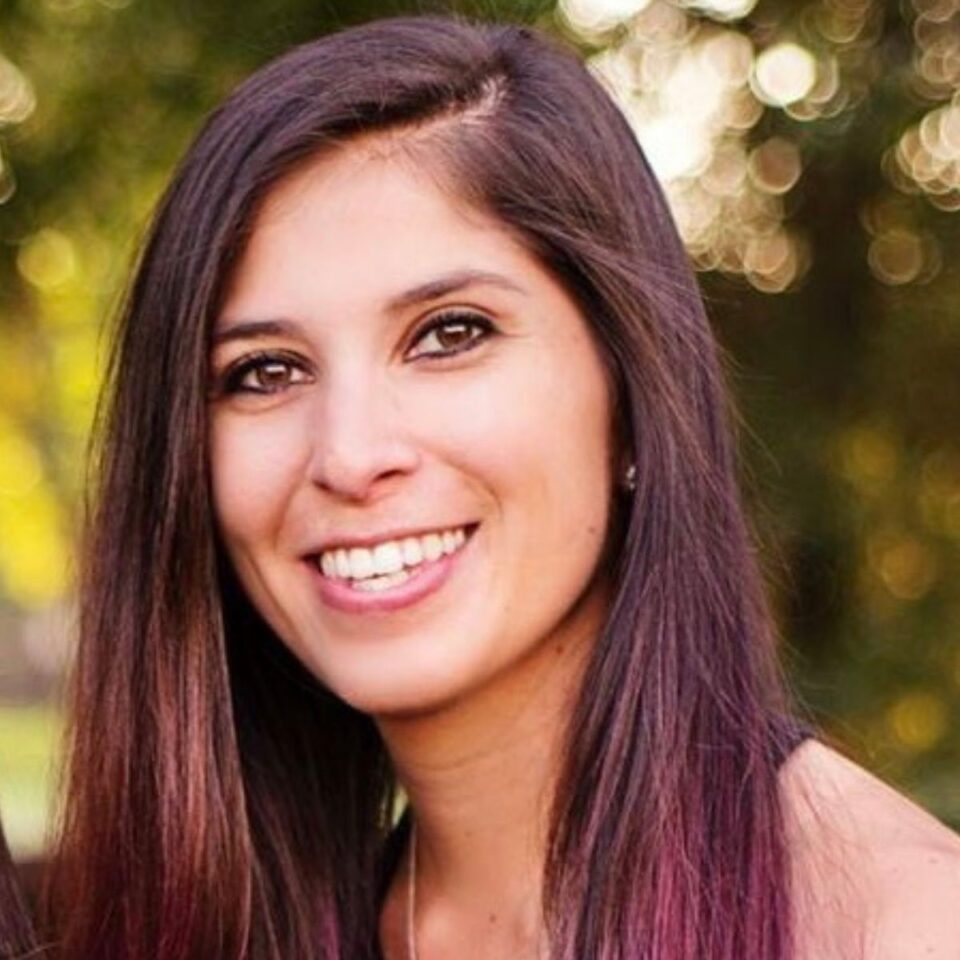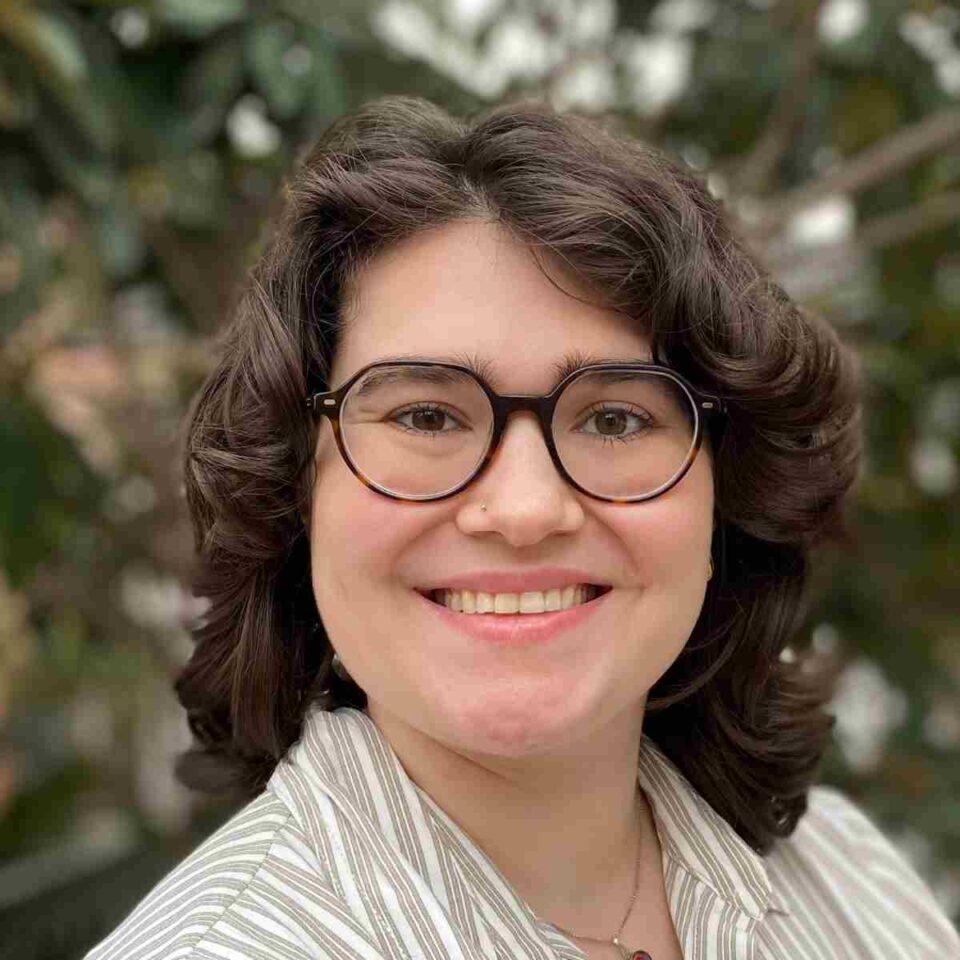
Autism & ADHD Therapy (Neurodiversity)
in Houston, TX and Online
Is Your Child Exhibiting Developmental Or Behavioral Setbacks?
If you’re the parent of a child who experiences learning differences, developmental delays, or challenges in socialization, behavior and/or communication, you may have wondered if there is something going on beneath the surface of your child’s issues. Children, adolescents, teens and young adults can struggle with prevalent mental health challenges as anxiety and depression. But there are other conditions that present cognitive and behavioral symptoms that can also be managed with therapy. Perhaps you notice your child, teen or young adult experiencing: Being neurodiverse can impact how a child thinks, communicates, and interacts in the world.

Types Of Neurodivergent Conditions And Their Symptoms
You may have wondered if your child has any of the following conditions, or perhaps your family has already received an adhd or autism diagnosis. In any case, therapy can help your child manage behaviors, develop achievable goals, and offer you—the parent or caregiver—guidance on how best to support your neurodivergent child.
Autism Spectrum Disorder (ASD) Symptoms
- Delayed speech or communication
- Need for routine and being upset by changes in schedule
- Avoiding eye contact or social interactions
- Intense emotional reaction to environment
- Focused on a very specific interest or object
- Repetitive behaviors
Autism may co-occur with ADHD, anxiety, and sensory processing issues among others.
Attention Deficit/Hyperactivity Disorder (ADHD) Symptoms
- Limited attention span
- Forgetfulness, memory issues
- Difficulty with organization
- An inability to sit still
- Difficulty with impulse control
Children and teens with ADHD may be at increased risk for sleep apnea, autism, anxiety, depression, and substance use.


Other Neurodivergent Conditions
- Learning Disabilities
- Dyspraxia – difficulty with coordination and movement
- Apraxia – difficulty performing purposeful actions
- Sensory processing disorders – feeling overly stimulated by everyday occurrences
Life can be more challenging with any one of these disabilities, and they often co-occur with one another or other mental health conditions. Your child may be struggling to keep up at home, at work, or with daily responsibilities.
But therapy offers you and your family a chance to understand the needs of your neurodivergent child. Together, you will learn the skills needed to restore growth and harmony in your home.


ADHD, Autism, Learning Disabilities Are Common
One in six families has a child diagnosed with having special needs or a cognitive disability. And for these individuals, going to school or work, developing social skills, and living independently often presents certain complications.
In addition, neurodivergent individuals usually require behavioral, medical, or therapeutic intervention (including counseling) and may need assistance in performing tasks of daily living.
Treatment for Autism & ADHD Can Provide You With A Customized Roadmap For The Future
Neurodiversity therapy focuses on your or your child’s unique strengths, values, and goals to help build on successes and develop skills. At Eddins Counseling Group, we view neurodivergent and autism treatment as an opportunity to find practical solutions to the difficulties presented within a neurotypical world.
In creating and working toward these goals, you can gain confidence in yourself and in your child’s future.
Therapy for older children and young adults can focus on increasing independent living skills.
How We Approach Neurodiversity Therapy for Autism & ADHD
At Eddins Counseling, we see children, adolescents, teens, and adults for therapy. Beginning with an initial intake, your clinician at Eddins Counseling will ask you various questions to understand the presenting obstacles in your or your child’s life.
Based on your child’s needs and diagnosis, your clinician will develop a treatment plan. We find that checking in with parents and/or caregivers on a consistent basis can be helpful to reinforce skills learned at home.
We may also recommend referrals and collaboration with occupational therapists, speech and language therapists, or other professionals in the school setting. If no formal diagnosis was made prior, we may recommend a complete diagnostic assessment.
If you suspect autism, ADHD, or a learning or developmental disability, a proper diagnosis can help your child get the support they need in academic and social settings. For example, if your child has been labeled a “slow learner” proper diagnosis may show that your child has a learning disability–a difference in how their brain operates.
And if a diagnosis of ADHD, autism spectrum disorder, or learning or developmental disability has already been established, we will center the intake session around your goals for counseling.


ADHD & Autism Treatment for Children, Teens & Young Adults FAQ's
The Difference Between “Neurotypical” And “Neurodivergent”
When it comes to cognitive disabilities, the world is split into two categories: neurotypical and neurodivergent.
- Neurotypical refers to the “average” population against which we create standards and metrics for psychological development. Though this population can struggle with mental health challenges—such as anxiety, depression, and post-traumatic stress—there is no diagnosis of a cognitive or learning disability.
- Neurodivergent, on the other hand, refers to a variation in cognitive functioning. These individuals are often on the autism spectrum or have ADHD, a learning disability (such as dyslexia), or other developmental setbacks.
Unfortunately, our surroundings are created according to neurotypical standards, causing neurodivergent individuals to often feel like a round peg being forced into a square hole. Daily tasks and interactions that seem simple, straightforward, or nonthreatening to a neurotypical individual can be extremely challenging to someone who is neurodivergent. Someone with ASD for example may find making eye contact very stressful.
Over time, our culture has come to value stillness and focus over movement.
This goes against practically every intuition of our nomadic ancestors, who were constantly on the move for survival.
These ancestors’ children learned through play and informal instruction, but education became more formalized and pedagogic (instructional) over time.
A neurotypical education veered toward focus, while the neurodivergent population continued learning by seeking novelty.
Eventually, the classroom environment became a place where the neurotypical student could thrive.
However, a student with ADHD, for instance, would not be as encouraged to build on their strengths of activity, innovation, and enthusiasm.
This demonstrates that when an individual’s talents and strengths are both understood and maximized, they can be more successful and better adjusted to their environments.
For this reason, a neurodivergent assessment, diagnosis and strengths-based treatment plan for autism or adhd are essential in helping children and adults alike to receive the support they need.
Absolutely. If you are unsure about your or your child’s symptoms or behaviors, we can conduct an initial assessment to identify symptoms of autism or adhd and develop an initial treatment plan.
For a more comprehensive assessment and diagnosis, we can also provide appropriate referrals for psychological testing.
On the other hand, if your or your child’s symptoms are associated with depression, anxiety, Post-Traumatic Stress Disorder (PTSD), or other psychological/behavioral issues, we can provide an accurate diagnosis and treatment through therapy.
We acknowledge that there has been a history of stigma attached to neurodivergence and that the world can be cruel to individuals who are labeled as different.
However, we believe that a proper diagnosis and counseling for children with asd can ultimately open doors and create opportunities.
By knowing how your or your child’s brain functions, you can have a better understanding of the supports, accommodations, and services needed to be successful.
And our therapists are trained, empathetic, and nonjudgmental clinicians who are committed to providing accurate and individualized treatment so that you can get the most out of life.
Living with a diagnosis of autism, ADHD, learning disability, or other neurodivergent diagnosis can create feelings of grief and uncertainty, but it is possible to live a full life that harnesses your innate gifts and strengths.
In therapy, you can learn specific skills that build upon your unique strengths and successes. Our therapists can help you set treatment goals and create plans for the future so that you can look ahead with a sense of optimism and empowerment.
No. We do not provide applied behavioral analysis or ABA therapy.
However, we do provide behavioral therapy that can help children and teens with autism.
There are a variety of interventions for treating autism and adhd.
A child with severe autism may be best suited for aba therapy intervention programs along with occupational therapy and speech therapy.
Therapy for Children with Autism
Therapy for a child with autism is a multi-pronged approach: behavior intervention, parent support and skills, play therapy to learn social and emotional skills, and connect with others through the language of play, and family involvement.
Autism therapies for older children, teens, and young adults.
Many children and teens receive an autism diagnosis or adhd diagnosis once they are older.
Types of treatments we offer for older children include cognitive behavioral therapy, skills training, behavioral coaching, and self-management training.
We also offer the SSP protocol which can be helpful for sensory processing, auditory integration, and stress/anxiety reduction.
How Therapy for Autism & ADHD Can Help You and Your Child
Whether your child is struggling with ADHD, ASD, a learning disability or other neurodivergent condition, therapy will be spent identifying and building on inherent strengths so that your child can feel comfortable and capable. In addition, we will work with you and your child to:
- Establish effective communication strategies
- Develop coping skills and tools for distress tolerance
- Improve emotion regulation
- Building healthy relationships and social skills
- Learn how to modify environments to reduce triggers and be successful with goals.
Treating autism or adhd involves helping your child or teen build new skills to cope with challenges, and learn to understand and regulate their own body and emotions while also helping them to harness the unique strengths and gifts they possess.
Coaching & Support for Parents of Children with Autism or ADHD
We also offer coaching to parents and caretakers of children with autism spectrum disorder, ADHD, learning disabilities, and sensory processing disorder that can help you to:
- Manage daily stress at home
- Alter counterproductive habits and communication patterns
- Identify achievable long-term goals
- Get the family on the same page in regard to a treatment plan
- Get support for feelings of overwhelm
- Develop effective strategies for parenting an autistic child for success
- Strengthen the bond with your child
- Cope with academic challenges and find practical solutions
All of us are born with unique qualities and talents, and at Eddins Counseling Group, we seek to uplift all of our clients with a sense of empathy and empowerment. Neurodiversity therapy can help you or your child learn how to make your environment more accommodating to your needs—not the other way around.
Get Help From a Specialist in Autism & ADHD Therapy (Neurodiversity)
Brittnie Grono
Brittnie works with children, teens, and adults to overcome anxiety, depression, ADHD and behavioral challenges.
BOOK AN APPOINTMENTJessie Blakely
Jessie has over 10 years of experience working with children, adolescents, young adults, parents, and families. She specializes in a range of ne…
BOOK AN APPOINTMENTLizz Calderon-Mullens
I work with children, adolescents, families, and young adults to help with anxiety, depression, spiritual, and relational concerns.
BOOK AN APPOINTMENTRae Morris
Worried child? Teen angst? Therapist Rae Morris can help your family replace the worry lines with laughter. Rae is a therapist who is passionate…
BOOK AN APPOINTMENTWhat OTHERS Are Saying
Phenomenal
My therapist is truly a phenomenal therapist and a huge asset to the Eddins team! She is an excellent listener, asks thoughtful questions to help me dismantle my thoughts to a greater degree, and was constantly looking for the best tools and resources to provide me with. She was always patient, understanding, and at times appropriately asked difficult questions that enabled me to reach a depth of processing that helped in me healing and growth. Her genuine interest in me and my life was apparent (always professional) and I always felt valued as a patient. I have recommended her to everyone that has mentioned to me they’re looking for a therapist. I know therapy is about “the work I put into it” but she truly has helped me become my best self and I’m eternally grateful for her and would not be in this great of a place mentally and emotionally without her.



















